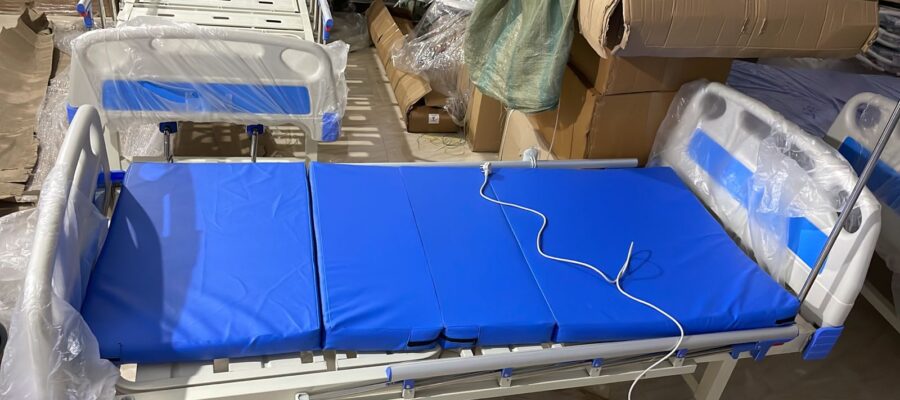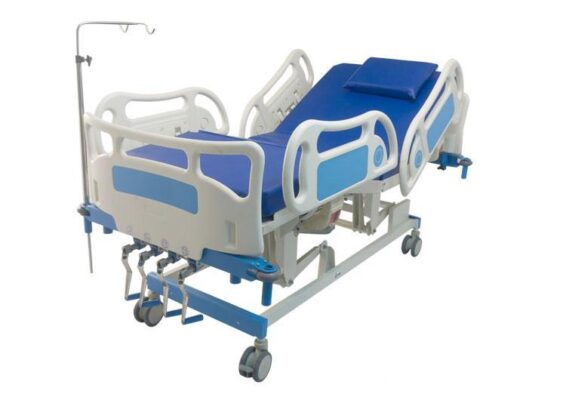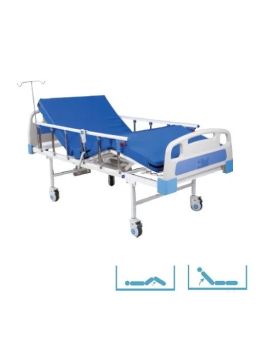
Nowadays, there’s a lot of talk about superbugs in hospitals and how patients who have had surgery or treatment in super specialty hospitals end up going back with drug resistant illnesses. And yet, people worry far more about going home to Post Operative Care. There’s no reason to do so, providing proper care is taken to provide a hygienic and sanitized environment. Family and friends can make the patient’s recovery at home a lot easier if he and his family take a little time to plan ahead. Ask the doctor what needs to be done while the patient is healing, and get help from friends and family to prepare his living area.
Thank you for reading this post, don't forget to subscribe!Surgery is a very big deal. Sometimes it can sap the patient’s energy for days or weeks afterward. Family caregivers may be able to help, or the patient might need a health care professional. Make arrangements in advance if the surgeon suggests getting a nurse, physical therapist, or health aide. Quality How In-Home Care Can Help can be provided by ECS 24/7.
Sanitizing the environment
It is critical that the patient comes home to a really, really clean room, if not the entire house.
- Visitors should take off their footwear outside the room.
- In the first few days back home, it would be advisable for friends and families to wear gloves or wash their hands thoroughly, and wear masks.
- The bed, preferably a hospital cot which has an adjustable back rest, should be made up with clean sheets, pillows and covers.
- Table surfaces, water glasses, bottles and any other implements and utensils should be sanitized with antiseptic disinfectants.
- Food and drink should be prepared in a completely infection-free environment.
Hygiene, the most important factor
- If the patient has to be handled or any wounds cleaned and dressings changed, please ensure the following:
- Place the dressing over the wound and tape down all four sides.
- Do not apply antibiotic cream unless your doctor tells you to do so specifically.
- Ensure a clean work surface.
- Have all the supplies at hand.
- Clean your hands before touching the dressing. Wash your hands with soap and warm water. Also clean under your nails. Rinse, then dry your hands with a clean towel.
- When changing a dressing put on clean gloves if the wound is still raw.
- Do not touch the inside of the dressing.
- Put the old dressing, tape, and other trash in a plastic bag. Seal the bag and dispose of it in a suitable trash can. Do not just throw it away with the domestic garbage or out in the street.
Should any changes be made to the house?
This depends on the kind of operation the patient has had. If it was a complicated surgery, like a joint replacement, stomach or cardiac surgery, a few things may need to be modified or adjusted.
- If the patient can’t climb up and down stairs to the bedroom after surgery, he or she may need to sleep on the ground floor for a while. Get family and friends to move the patient’s bed before he/she goes into the hospital. Consider renting a hospital bed if necessary.
- Stock the kitchen. Ask the doctor if the patient has to stick to a certain diet. Make sure the store cupboard and fridge is well supplied with the right food before the patient comes back home.
- After some types of surgery, the patient will need to have special gear at home. Plan ahead if there is a need for oxygen tanks, elevated toilets, shower seats, supplies to care for the wound, or other items. All these can be easily supplied by https://www.emergencycaresolution.com/, at very affordable prices.
Keeping the patient safe from falls
“People get dizzy because they haven’t eaten for a few days and from being in bed,” says Frederick L. Greene, MD, a medical director at the Levine Cancer Institute in Charlotte, N.C.
So, it would be a good idea to get a walker or crutches to reduce the risk of the patient tripping or falling.
To avoid stumbles and falls, the patient should:
- Sleep in a bedroom near the bathroom.
- Should have night lights in hallways, and in his room.
- Avoid unnecessary clutter in the house.
- Should wear flat shoes or slippers while walking.
When to start taking baths
Usually it is fine to bathe after 48 hours, but it’s best to check with the doctor. Keep in mind:
- Quick showers are recommended so the wound doesn’t soak up the water. Soaking the wound could cause it to reopen or become infected.
- Remove the dressing before bathing unless instructed otherwise. Some dressings are waterproof. The doctor or nurse may suggest covering the wound with a plastic bag to keep it dry.
- If the Understanding the Progression of Alzheimer’s Disease gives the okay, gently rinse the wound with water as the patient bathes. Do not rub or scrub the wound.
- Do not use soaps, lotions, powders, cosmetics, or any other skin care products on the wound.
- Gently pat dry the area around the wound with a clean towel. Let the wound air dry.
- Apply a new dressing.
During the first critical 24 hours after coming home from a surgery or treatment, there will be tremendous comfort and peace of mind knowing that trained caregivers from ECS are present. We know that it is vital that our caregivers and clinical staff are discreet and follow all the relevant guidelines to ensure privacy, well-being and the safe recovery of the patient. A caring and compassionate staff want the patient to have a pleasant experience, even if the surgery, treatment or procedure leaves them feeling uncomfortable or unwell; the training and skills caregivers and clinical staff receive from ECS prepares them to provide the highest standards of care as well as genuine companionship.



